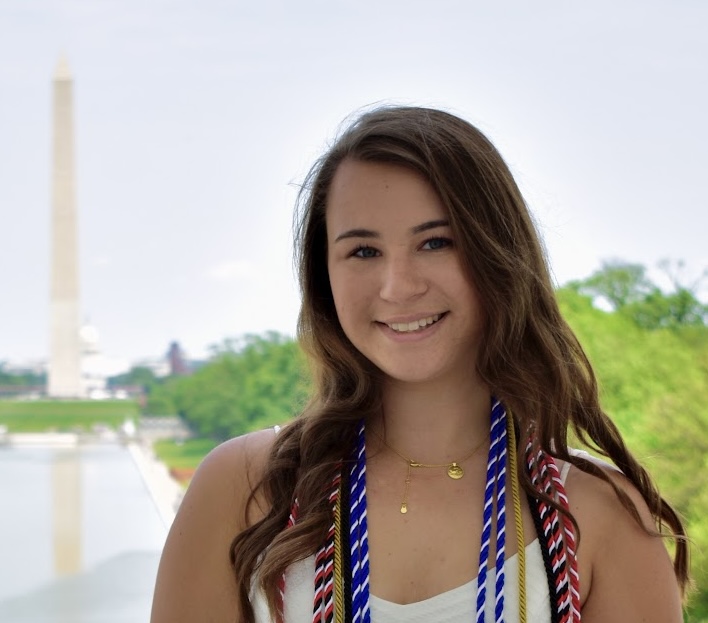You may have seen our previous articles about reading comprehension and the science of reading, but as I see more testimonies explaining how schools are teaching these skills, it has become clear to me that a good reading curriculum is determined by what is taught, as much as how it’s taught.
According to Daniel Buck, Research Fellow for the American Enterprise Institute, reading curricula today consist of excerpts, poems, and comics, but very few complete books. In an age where instant gratification is fostered more often than reading stamina, it is no wonder students struggle to read books cover to cover.
Students are not being encouraged to read the classics like they used to be, and they’re certainly not being tested on their ability to comprehend whole books. A report by the Curriculum Insight Project details the lack of extended reading materials in curricula nationwide, in both Republican and Democrat-led states.
The proliferation of SparkNotes certainly had a hand in eliminating students’ motivation to read whole books, but now they’re not even being assigned. Rather than combat the abuse of study tools, however, schools are opting to make the whole curriculum easier.
In fact, in 2022, the National Council of Teachers of English (NCTE) proclaimed that it is time to “decenter book reading and essay writing as the pinnacles of English language arts education,” and teach using videos, memes, and other media instead.
This has naturally led to propagandizing through ELA programs, as short works are easily compiled to push agendas. Buck explains that teachers are responsible for identifying pre-approved “themes,” gathering texts which fit that theme, and encouraging students to read them through a predetermined “lens.” For instance, students are now taught to read excerpts from The Great Gatsby through a lens of toxic masculinity.
Buck says it best: “Students need the experience of facing the challenge of long, classic works of literature — the linguistic and cognitive growth that comes through parsing through difficult texts, and the sense of accomplishment derived from doing so. We read The Great Gatsby or Animal Farm to challenge common beliefs about wealth, political power, and human nature, and to expose students to beauty.”
Students today have been conditioned by social media to chase instant gratification, and it is naturally more difficult for them to read a book cover-to-cover. The solution is not to make curriculum easier, and it is certainly not to change the lens through which we read classic works. Instead, it is to ensure that full books remain built into the curriculum, and students are empowered and encouraged to succeed in reading them from beginning to end.

